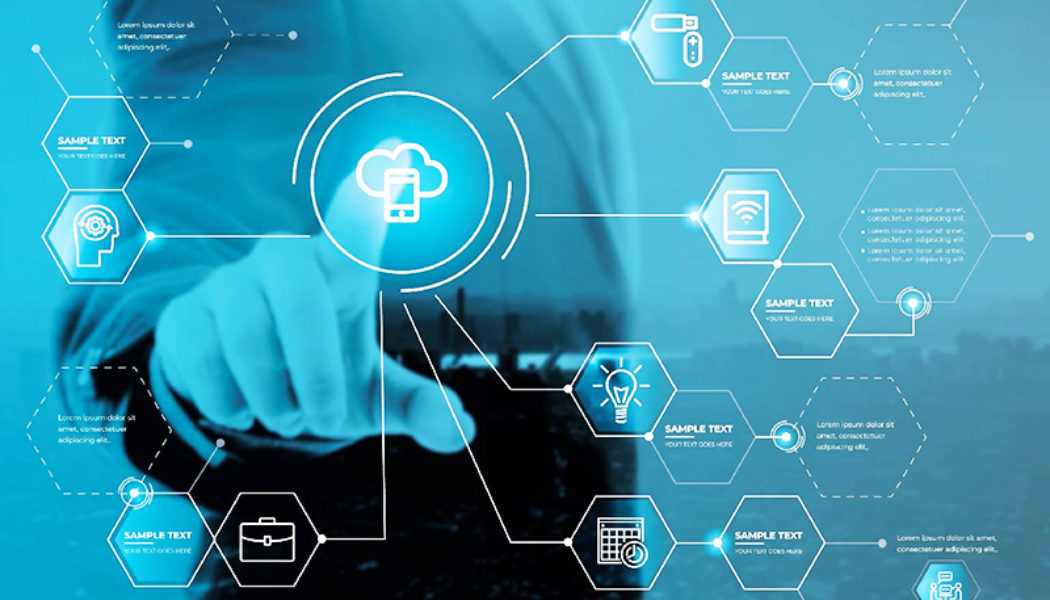Digital Skills Africa
Ongoing Skills Development is Key to Staying Ahead of the Digital Curve
Image sourced from Marketing91. The dawn of the Fourth Industrial Revolution (4IR) was always going to be fraught with challenges, but nobody could have predicted the massively disruptive event that was the COVID-19 pandemic. The world was thrown into turmoil and forced to adapt – it became a matter of ‘digital or die.’ The pandemic threw into stark relief the need to continually adapt skill sets to meet evolving requirements in a world where the only constant is change. With the future uncertain, one thing is for sure – ongoing skills development is the best defence to ensure organisations can pivot to handle digital disruption with ease. New World, New Skills The 2020 ‘Future of Jobs’ report from the World Economic Forum estimates that by 2025, on average, organisations will require 40% ...
The Role Mobile Technology Plays in Africa
With smartphones becoming more accessible and affordable, and network coverage growing stronger, the uptake of mobile technology is in a good space and growing in leaps and bounds on the African continent. Many mobile technology companies and organisations, both public and private, are harnessing the potential of this to bridge education gaps and alleviate poverty. With over 70% of its population under the age of 30, Africa has one of the youngest populations in the world. Lack of resources and infrastructure to educate this young population has resulted in a huge education gap. According to UNICEF, more than 1 billion children globally are at risk of falling behind due to recent school closures. To keep the world’s children learning, countries have been implementing remote education progr...





